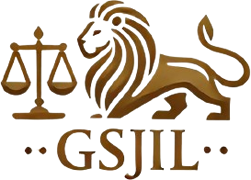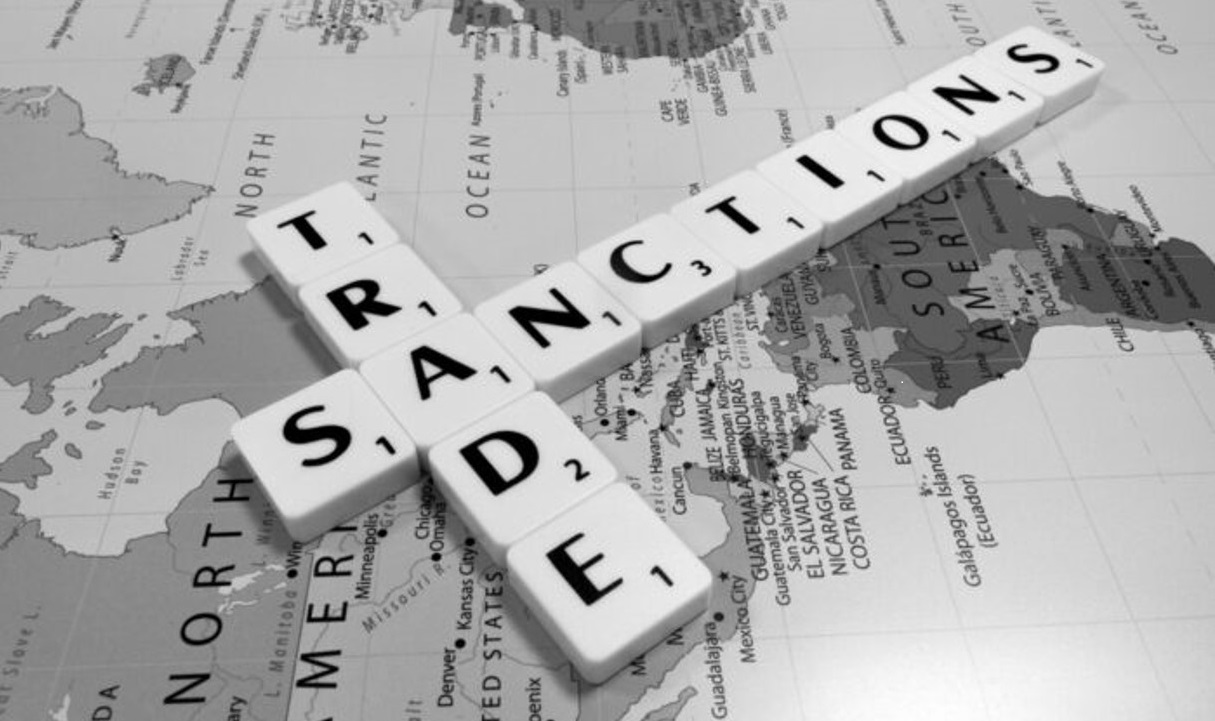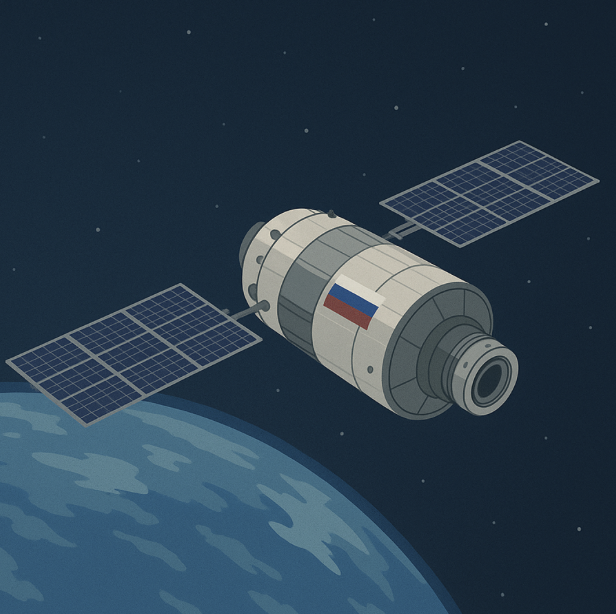In recent years, unilateral economic sanctions that restrict international trade have become common, especially after the war between Ukraine and Russia. Economic sanctions, also used as ‘foreign policy tools’, are yet to be developed under international law. Although sanctions are generally applied to force the sanctioned party to comply with its international obligations, they could also give rise to violation of international obligations, especially those concerning trade. In this post, the position of trade restrictions in the face of a war under World Trade Organization (WTO) law will be examined.
WTO is an international organization that ‘regulates and facilitates international trade’.WTO agreements create the main structure of the organization, and GATT plays a crucial role in this. It is an international treaty that was first signed in 1947 by 23 states and entered into force in 1948. It concerns the exchange of goods and puts forward broad principles for the liberalization of international trade. Between 1947 and 1994, GATT was the ‘de facto international organization for negotiating and administering the multilateral trade rules’. In 1994, the World Trade Organization (WTO) was created, and the GATT system was replaced. However, with the modifications of 1994, GATT is still in force.
When states restrict trade following an international conflict, the problem of whether GATT’s basic principles such as the most-favoured nation or non-discrimination are violated arises. At this point, some states rely on the secondary rules of State responsibility like countermeasures, namely ‘circumstances precluding wrongfulness’ under ARSIWA (ILC’s Draft Articles on Responsibility of States for Internationally Wrongful Acts). In addition, GATT itself contains an article on the issue.
Under Chapter 5 of ARSIWA, consent, self-defense, countermeasures, and force majeure are just some of the circumstances that preclude the wrongfulness of an internationally wrongful act. To resort to these articles, there must be an act that does not conform with an international obligation, independent of its source. To put its name, they are secondary rules that prevent wrongfulness of the act at the issue. Countermeasure is the most common one that is referenced during the statements of state officials applying economic sanctions. However, it is important to note that when non-injured states that are not party to the conflict impose sanctions, countermeasures are generally considered as ‘third party countermeasures’ within the meaning of Article 54 of ARSIWA. According to ILC commentary, the application of third-party countermeasures is ‘limited and rather embryonic’.
Although circumstances precluding the wrongfulness under the ARSIWA are secondary rules that can be relied on for international obligations regardless of their source; states can additionally rely on Article 21 of the GATT, specifically for obligations enshrined therein. Article 21 of the Agreement, titled ‘Security Exceptions’ is a primary rule that makes it possible for states to take measures that they consider necessary for the protection of their essential security interests during war or other international emergencies. The necessary parts of the article read as the following (emphasis added):
Article XXI Security Exceptions
Nothing in this Agreement shall be construed
(a) …
(b) to prevent any contracting party from taking any action which it considers necessary for the protection of its essential security interests
(i) …
(ii) …
(iii) (iii) taken in time of war or other emergency in international relations; or
(c) …
When Ukraine claimed the violation of certain GATT articles against Russia before the WTO Dispute Settlement Panel, Russia invoked Article 21 in Panel Russia – Measures Concerning Traffic in Transit case. The decision was unprecedented as it was the first time that the Panel had decided on the invocation of Article 21(b)(iii).
Accordingly, the Panel determined at first whether it had jurisdiction to evaluate the WTO consistency of Russia’s measures when Russia invoked the article. The Panel answered affirmative and stated that WTO Panels had ‘the power to determine all matters arising about the exercise of their substantive jurisdiction’.[1] The panel concluded that Article 21(b)(iii) was not self-judging, meaning that it was not completely reserved to invoking the state to decide on the conditions and subparagraphs of Article 21(b). [2]
Then, the Panel turned to answer whether the requirements of Article 21(b)(iii) were fulfilled. It was stated that there must be 3 conditions to be satisfied cumulatively to resort to the exception. Firstly, there must be a war or emergency in international relations. Secondly, the measures shall aim to protect the essential security interests of the State, and lastly, the measures shall be necessary.
Although the Article is not self-judging, it aims for the invoking party to designate a concern as an ‘essential security interest’. However, The Panel made it clear that the concept of ‘essential security interest’ was a narrower term than the security interest. Generally, interests concerning ‘the quintessential functions of the state, namely, the protection of its territory and its population from external threats, and the maintenance of law and public order internally’[3] should be understood from it. Also, it was necessary to interpret it in good faith. In other words, States were limited by the principle of good faith. Moreover, the Panel concluded that ‘The obligation of good faith requires that Members not use the exceptions in Article XXI as a means to circumvent their obligations under the GATT 1994.’.[4]
The good faith principle also plays an important role in the connection between restrictive measures and essential security interests. The panel understands this as the measures fulfilling the condition of ‘plausibility’ concerning the essential security interest. Hence, the Panel could evaluate whether the measures had a connection with the essential security interests.
When the Panel found that Russia had met the requirements to invoke Article 21(b)(iii), it stated that it was unnecessary ‘to additionally examine their WTO-consistency in a different factual context and on a different legal basis’.[5]
To sum up, economic sanctions could give rise to certain principles of GATT. States can rely on circumstances that preclude the wrongfulness under ARSIWA or resort to security exceptions regulated under Article 21(b)(iii) of the Agreement. Each of these defenses has its requirements and conditions that need to be satisfied. With the rise of their application, the regime of unilateral economic sanctions is to be developed in the years to come.
References:
[1] Panel Report, Russia – Traffic in Transit, para. 7.53
[2] Panel Report, Russia – Traffic in Transit, paras. 7.102-7.103
[3] Panel Report, Russia – Traffic in Transit, para. 7.130.
[4] Panel Report, Russia – Traffic in Transit, para. 7.133
[5] Panel Report, Russia – Traffic in Transit, para. 7.153





